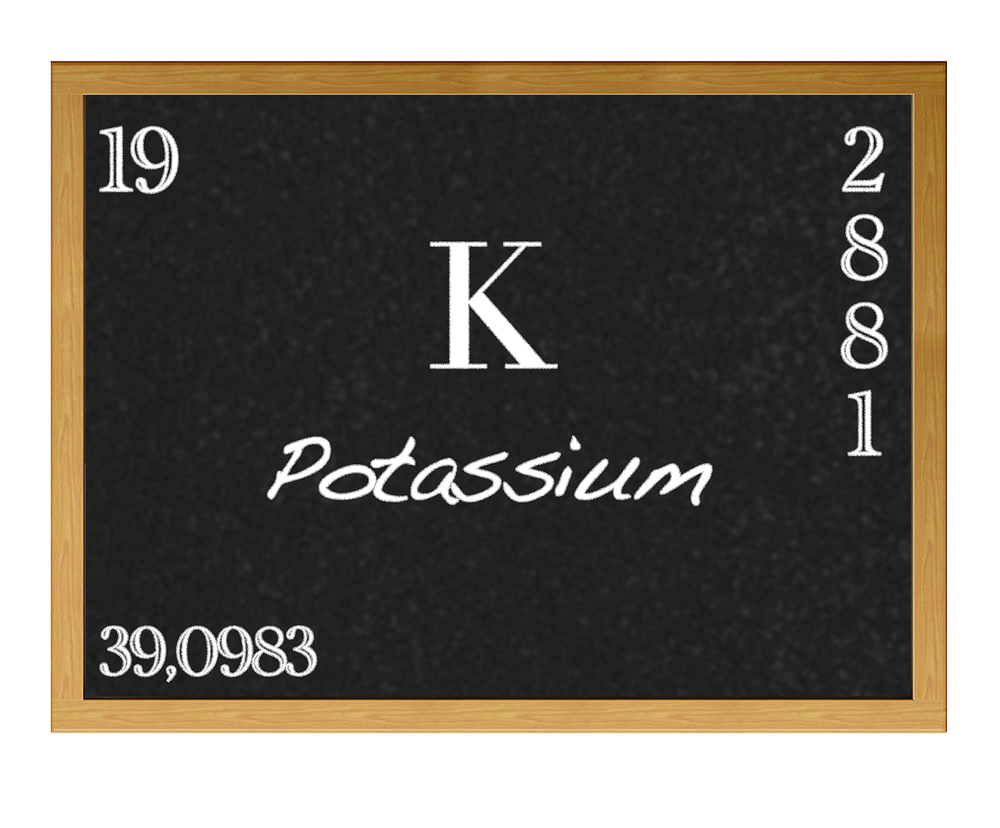Spironolactone (Aldactone) is a potassium sparing diuretic. Based upon my experience, I put together 4 clinical pearls that you have to know!
- A commonly known fact with spironolactone is that it is a potassium sparing diuretic and often we use that potential to increase potassium to our advantage. For patients having a difficult time keeping their potassium levels within normal limits due to thiazides and loops, they may require high doses of potassium supplementation which can be burdensome. We can use spironolactone augmentation to help raise potassium level and possibly reduce the potassium supplements. Also keep in mind that ACE Inhibitors and ARBs are frequently used in heart failure as well and can cause potassium elevations as well.
- Spironolactone is often used to enhance/augment fluid loss in heart failure, with this, we need to closely monitor kidney function to make sure our patients do not get too dehydrated.
- Spironolactone is often used in liver cirrhosis to treat ascites. Not always, but in ascites, you may see the doses pushed higher than when being used for CHF. Age or other factors may dictate lower starting doses, but the usual starting doses of spironolactone to furosemide in ascites is 100mg/40mg respectively.
- A common side effect that needs to be monitored with spironolactone is “moobs” or “man boobs”. Gynecomastia is the technical term, which means that men can have the adverse effect of breast enlargement, swelling, and pain.
For more clinical pearls, and medication mistakes, sign up to follow the blog and I will send you my 30 medication mistakes; A Free 6 page PDF I personally put together.
Eric Christianson, PharmD, BCPS, CGP



Clinicians tend to forget about #4 – male patients rarely do. What are you thoughts on eplerenone (Inspra) and gynecomastia; does it carry a lower risk of gynecomastia or is just marketed as such?
As you can guess, I have very little exposure to eplerenone clinically.
It has been quite a while since I’ve seen it used…$$$ and unfamiliarity are probably two major reasons why its not used? I do think there is some validity to the argument that it carries less risk, but exactly how much less gynecomastia than spironolactone is something I’m not sure on, and hard to quantify anecdotally as it is used so seldom…
Hi Cole,
Eplerenone (Inspra) carries a much lower risk of gynecomastia because it has less anti-androgenic effects compared to spironolactone. In the trial comparing spironolactone to placebo in patients with heart failure (RALES), about 10% of men reported gynecomastia (compared to 1% with placebo). In the eplerenone trial (EMPHASIS-HF), less than 1% of men reported gynecomastia and this was actually less than the patients in the placebo group (about 1%).
Eplerenone is now available in a generic formulation, so while is not exactly “cheap” (runs about $50-70 per month for cash-paying customers), it is now a viable option in more patients who experience gynecomastia with spironolactone (which runs about $4 to $10 cash).
Brent
no problem, sorry about the trouble…resent it! – Eric
Quite educating.
resent it 🙂 let me know if didn’t get it still
done!
just resent it! -Eric